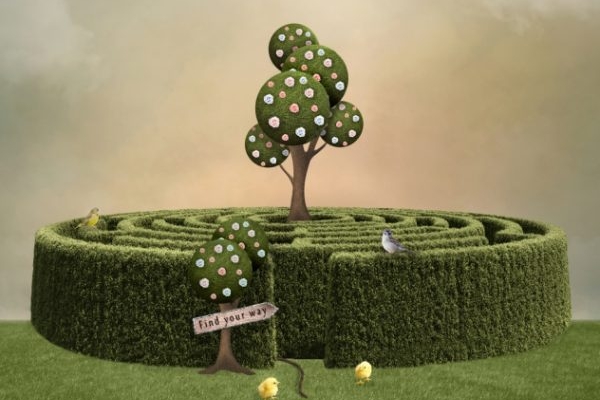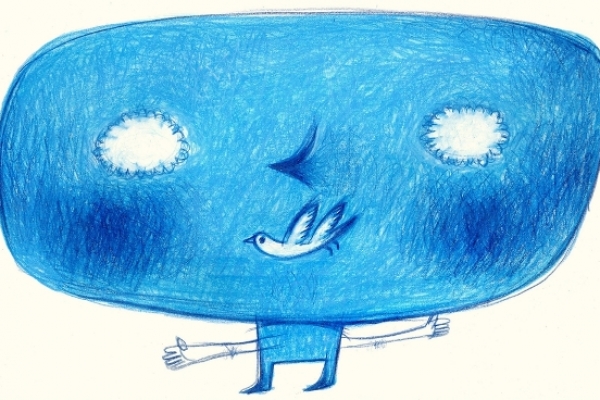This blog post talks about one of many aspects of trauma that is often forgotten: the context of our lives and how that impacts our experience of trauma. Trauma is at the heart of much of what we think of as ‘mental illness’ I write a lot about trauma on this blog. That’s because one of the most important things I learned during my healing was that none of the psychiatric labels, medications or ECT I was given dealt with the fundamental issue at the heart of my distress: trauma. Yes, I heard voices, I had unusual beliefs. Yes, I self-harmed and attempted suicide. But while psychiatry sees those experiences as signs of illness, for me they were something much more human. They were a normal response to some very extreme, traumatic experiences. In my early childhood I experienced neglect and physical violence from my primary caregiver. And at the […]
Read more →
What happened when compassion replaced clinical objectivity, and creativity replaced compliance.
This post is about the time I was supported to create a new voice, to ‘job-share’ with my scary critical voice. It changed everything.
Read more →
In this article I explore how the seeds of my recovery began to take hold after I went to a community-managed mental health service.
For the first time, I found control, hope, meaningful connections, and eventually, life dreams.
Read more →
Trauma gave me shame, and shame sent me mad. This post explores how unravelling my own shame in a ‘mock trial’ helped me to heal.
Trigger warning: This post explores detailed impacts of child sexual abuse and may be distressing for some people.
Read more →
One of the most difficult challenges I’ve had as a mental health consumer advocate is when people deny our lived experience. It drives me nuts. So-called recovered consumers. Last year I came across a person who used the term ‘so-called recovered consumers’. Worryingly, this person had influence in national mental health policy and she directly challenged the credibility and relevance of consumer advocates. She believed that no-one could really recover from ‘serious mental illness’, because that had been the experience of her family members. And so, her logic went, if people with ‘serious mental illness’ can’t really recover, then consumer advocates like me could never have been properly unwell to begin with. We can’t possibly represent the people who most need help. We have no relevance. Having to work with this person made me feel emotionally dizzy. Initially her words hurt me deeply. I cried. And then I got angry […]
Read more →
What is written about us in hospital records? Whose version is the truth? Can we find ways to co-create narratives about our lives? This post explores my personal struggles with ‘case notes’ and reflects on better ways to keep records that respect the person.
Read more →
Madness can bring a strange comfort. For me it often came with a seductive quality that lured me to relax and fall into the familiar comfort of its waiting arms.
Read more →
What is it like to be in the grips of suicidal despair? How are we treated by the places that are supposed to help? This post shares journal entries from a night of despair, and the next morning.
Read more →
A first admission to a psychiatric ward is a startling experience. I am not sure that anyone ever expects to end up in the ‘looney bin’. Certainly I didn’t. This is a place reserved for other people, for properly crazy people.
…As it turned out, most of my fellow patients were far removed from stereotypical nutters themselves. We crazy folks have many experiences and talents, but none of them sufficient to keep us out of the ward. I was to meet mathematicians, artists, musicians, an admiral, and several versions of Jesus.
Read more →
Asking someone to disclose trauma can be really hard. It’s even harder to be the person disclosing. This post explores challenges and ideas to help all of us speak more easily about the things that most need to be said, and heard.
Read more →
Comments